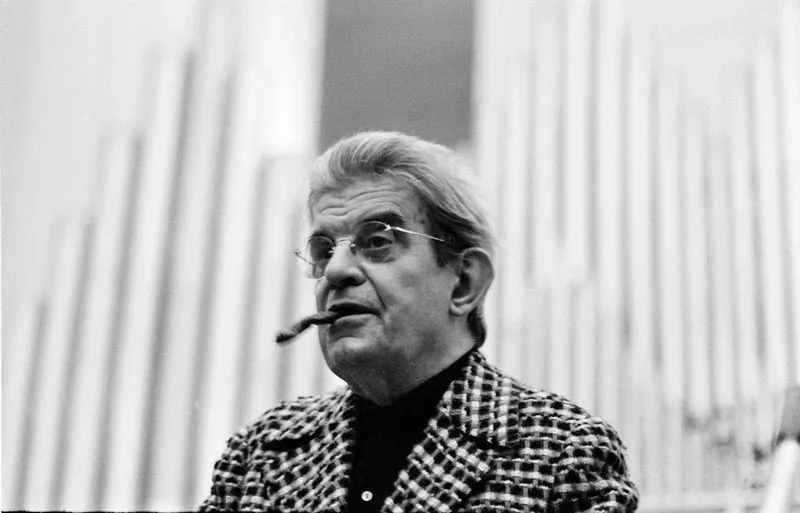Allan Horwitz, an American sociologist, says that a happy man is a hollow man. Although a slightly pessimistic and depressing thought at first, I hope by the end of this article you will understand why there might be some truth to this thought.
A common theme throughout the course of secondary education, especially in the later stages, is a pursuit of a goal, usually a well regarded or high paying job, and the mechanism of such achievement is to try hard in your schooling, pay attention in class, etc. This is the commonly perceived ideal that most of society will perpetuate- however due to the work of many great philosophers and thinkers (both of our time and times past), I can say with a degree of certainty that I disagree with the aforementioned ideal.
Here’s why: Lacanianism in part argues the theory of ‘objet petit a’, in other words the object cause of desire, defined as the force that induces desire towards any particular object- is actually the source of most human happiness. Slovenian philosopher Slavoj Zizek expands here and argues that in order to stay fulfilled in life, this desire must never get what it wants, achieve what it set out to, and must stay in its state of wanting. Getting what you want doesn’t satisfy the Lacan principle of desire in the way that eating satisfies hunger. Desire only wishes to desire. If one was to base their idea of happiness on fulfilling certain wants, you’ll never manage to feel satisfied. It’s for this reason that many people will achieve highly through their education, land their ‘dream’ jobs, and still report a level of dissatisfaction in their lives. There’s some theory to suggest that it might be the great lie of capitalism in its entirety- this idea that there is a great peak,
So, then what? Zizek also projects partially that the most common resolve in the modern pursuit of happiness is materialistic gain, and, in typical philosophical fashion, rejects this idea as a way of living. He instead argues that your life and desires should be focused on a greater sense of meaning, maybe to be found in a utilitarian principle of helping others, or simply to progress your knowledge of a certain area of study. According to him, and by extension Jacques Lacan, this might be the true pathway to ‘happiness’ as we define it today.
In conclusion, let’s go back to Horwitz’s statement. A happy man is a hollow man. I have presented to you the case that this hollow space is filled by your inability to be, and therefore in absence of that inability, perhaps the ‘happiness’ you feel is not of full thickness. If you were to take away one thing from this, I hope that it’s a sort of introspection and understanding that perhaps your fulfilment will not peak when you reach your goal, whatever it may be. Perhaps instead it’ll come through the constant meaning in your life from chasing it, and the joy of not knowing where you will end up next.


